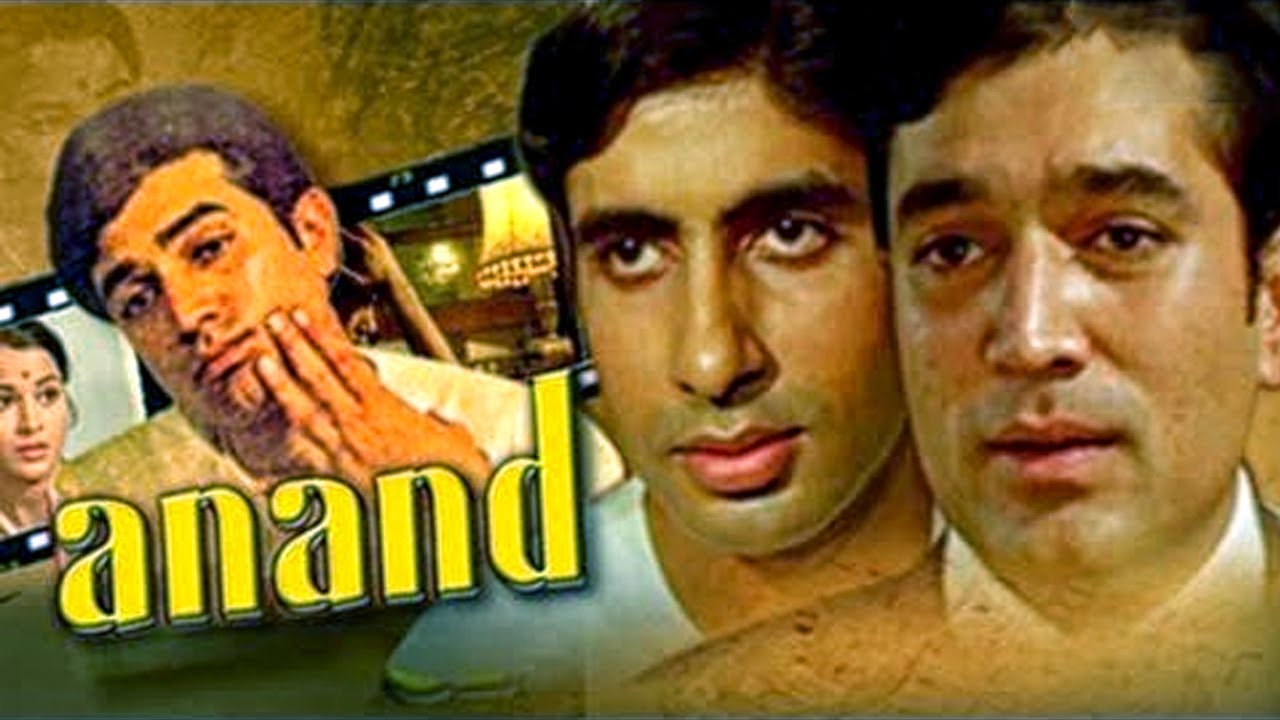Pikchar With Rita is a fortnightly column on cinema by Rita Kothari. She’s a Professor of English at Ashoka University. She does not “do” film studies.
***
Someone called up the other day, and said, “Sorry, didn’t check if it was okay to call just now. Mujhe laga ab to sabke paas phursat hai.” Assuming that everyone in these times has time, he didn’t bother to check. Do we have a lot of time on hand these days, or are we, in the tentacles of time, waiting as it were, endlessly. The Hindi-Urdu word for time-on-hand or leisure is ‘phursat’. Will we seek this kind of ‘time’ when things return to normal, or never feel nostalgic again about leisure, I asked myself. A song plays in the background Dil dhoondhta hai phir wahi phursat ke raat din… An iconic song about longing for leisure, but one that existed always in the past tense. The heart searches for the same days and nights of leisure, it says. My search was not driven by wanting leisure; but rather of reminding myself what that leisure or ‘phursat’ means. The one that appears as reprieve; experienced as a slight chill in the air when you go from the plains to the mountains or one that gently brings down life from the drut (fast) to a vilambit (slow) taal. It takes a little while to even get used to it. And I was drawn by the film that has this song, Mausam (1975) directed by Gulzar.
Meanwhile, phursat lingered as a subtext not only in an article I wrote recently (on being both insignificant producers of action and the inevitability of action) but my own mind. A friend in Pakistan picked up the subtext and interwove ruminations of phursat giving his talk the title, “Dil doondtha hai…”
There seemed many reasons to hear the song, to see what had produced it. Mausam is a well-known film, but its memory had survived for me as a crude story of Sharmila Tagore and Sanjeev Kumar’s romance in the hills, and some daughter who was a sex worker. I may have watched it in childhood, or simply heard vivid descriptions and remembered them so well that it seemed like I had watched it. The elusive phursat and words that elude its tactile experience make this film a highly special experience today.
As a car moves through serpentine and uphill roads from Calcutta to Darjeeling with the song, “Dil doondhta hai…” with Gulzar’s lyrics and Madan Mohan’s music, it’s difficult not to ride with it, and let the unfolding of leisure and aimless visit happen. Amarnath Gill (played by Sanjeev Kumar) a successful and busy doctor from the city wants to be left alone. It is his time, his phursat. Gradually we see there are offhand questions from him, as he seeks to know more about the house he used to visit, a girl he used to meet. He comes to know that the girl had gone insane waiting for her doctor lover. What appeared as an aimless break turns into a concerted effort to find her, or at any rate, the daughter who survived her. The languid notes from the song have faded to appear as a duet and Amarnath sees in his mind’s eye a pair of them – Amarnath and Chanda (played by Sharmila Tagore) – lying under the gentle winter sun. As images multiply from the past, the present is gripped by an intense purpose to know more, to claim leftovers. The song disappears entirely by the middle of the film, as Amarnath is brought sharply in touch with Chanda’s daughter, Kajli (also played by Sharmila Tagore). It is at this point that Mausam ceases to be about a season of mellow reminiscence but becomes a confrontation with a violent present produced by past actions.
Kajli is a foul-mouthed, beedi-smoking, cynical sex-worker. The respectability that surrounds Amarnath’s life collides against this disrespectable reminder of a past when he abdicated his responsibility and left her mother to fend for herself. The guilt, the discomfort, the need to be forgiven, and the anger at a woman who refuses to be disciplined make the second half of the film lose all the phursat; the languor, the sepia frames. And the spectator realises that the double role of Sharmila Tagore is not so much about the mother and daughter but of two women who reside in Kajli – the ‘haraamzaada and saala-mouthing’ woman and the genteel bhadra looking Kajli she becomes.
Recommended
Bhupinder’s voice has gone from the film and is now replaced by Asha and Lata to speak for two different sides of Kajli. The film ends with Kajli wishing to experience her femininity to the fullest, and the feisty and men-slamming Kajli has receded to make room for her. The clothes change, the language changes, the expression in the eyes change and, as mentioned before, the playback singer changes. Mausam begins as a season of youth fading into old age and harkening for a reckless time from the past. It ends with that youthfulness forgiven for its recklessness and made responsible for repairing a wrecked present and future.
The same car leaves downhill, heading towards Calcutta taking both Amarnath Gill and Kajli. Some healing has begun, some damage done irrevocably, and time that seemed like a treasure tucked far away, was but baggage wrapped in a stained cloth. Innocuous journeys, both in the film and outside of phursat, end in destinations that remind us that phursat is but a moment that fell off from time. It is not time itself.



